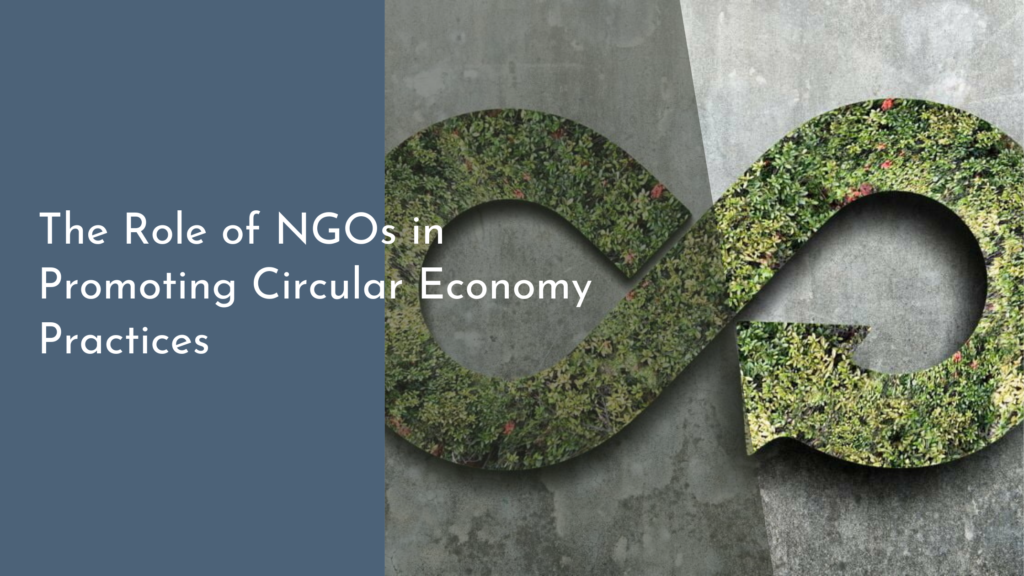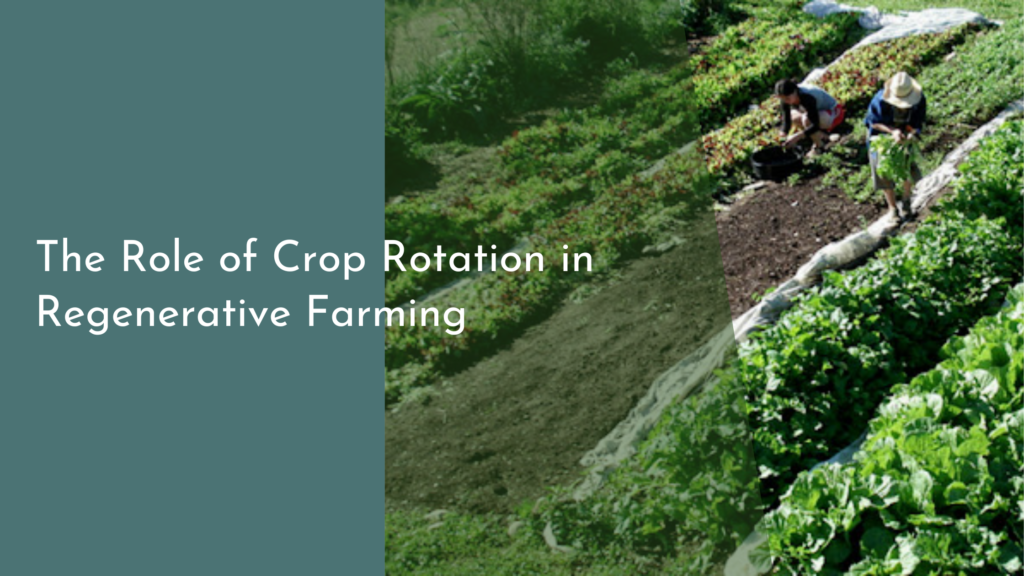How to Build a Community Around Sustainable Eating
Building a community around sustainable eating is a meaningful endeavor that not only benefits individual health but also contributes positively to environmental well-being. With our planet facing numerous challenges due to unsustainable food practices, fostering a collective movement towards sustainable eating can create a ripple effect of positive change. This article will guide you through understanding the principles of sustainable eating, engaging and educating your community, organizing local events and workshops, and fostering an inclusive and supportive environment. Together, we can cultivate a thriving community committed to sustainable food practices.
Understanding the Principles of Sustainable Eating
Sustainable eating begins with understanding its core principles, which revolve around consuming food in a way that supports health, minimizes environmental impact, and is ethically sourced. This includes prioritizing plant-based diets, reducing food waste, supporting local and organic farming, and choosing seasonal produce. By focusing on these aspects, individuals can make informed choices that promote ecological balance and contribute to the sustainability of our food systems.
To effectively build a community around sustainable eating, it’s essential to communicate these principles clearly. Helping members understand the impact of their food choices can empower them to make changes that align with sustainability goals. Educational materials such as infographics, blogs, or videos can simplify complex information, making it accessible and engaging for a diverse audience. By laying a solid foundation of knowledge, the community can move forward with shared values and objectives.
Engaging and Educating Your Community
Engagement is crucial for building a robust community dedicated to sustainable eating. Start by identifying your target audience and tailor your messaging to resonate with their values and interests. Utilize social media platforms, newsletters, and community bulletin boards to share information, resources, and success stories. Encourage members to participate in discussions, share their experiences, and ask questions, cultivating a sense of belonging and shared purpose.
Education is a powerful tool for driving interest and commitment. Host webinars, create online courses, or curate reading lists that provide in-depth information on sustainable eating practices. Collaborate with experts such as nutritionists, environmental scientists, and local farmers to offer credible insights and advice. By making learning accessible and engaging, you can equip your community with the knowledge they need to make informed decisions and inspire others to join the movement.
Organizing Local Events and Workshops
Local events and workshops are excellent opportunities to bring your community together, fostering connections and reinforcing your sustainability message. Organize events such as farmers’ markets, sustainable cooking classes, and food waste reduction workshops. These activities provide hands-on experiences and practical skills that participants can implement in their daily lives, making sustainable eating more attainable and enjoyable.
Ensure that your events are inclusive and cater to various interests and skill levels. For instance, you could host beginner-friendly workshops on starting a home garden or advanced classes on fermenting foods. Partner with local businesses, nonprofits, and government organizations to expand your reach and access additional resources. By creating engaging and diverse events, you can strengthen community bonds and encourage ongoing participation and commitment to sustainable eating practices.
Fostering an Inclusive and Supportive Environment
Creating an inclusive environment is vital for nurturing a thriving community around sustainable eating. Encourage diversity by welcoming people of all ages, backgrounds, and dietary preferences. Recognize and celebrate different cultural food traditions while highlighting how they align with sustainable principles. This approach fosters respect and understanding while broadening the community’s perspective on sustainable eating.
Supportive networks are integral to sustaining long-term engagement and motivation. Establish platforms for members to share their challenges and successes, provide feedback, and offer support to one another. Create mentorship opportunities where experienced members can guide newcomers, fostering a sense of collaboration and shared growth. By cultivating an inclusive and supportive environment, you help ensure the resilience and longevity of your sustainable eating community.
Building a community around sustainable eating is a rewarding journey that requires understanding, engagement, education, and inclusivity. By embracing these principles and practices, you can inspire individuals to make healthier food choices that positively impact the environment and society. As your community grows and flourishes, so will your collective capacity to drive meaningful change. Together, we can create a sustainable future where our food systems are resilient, equitable, and nourishing for all.


